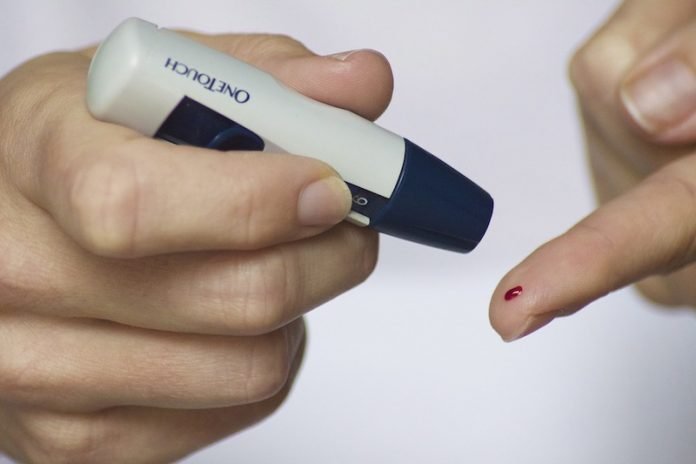
In a new study, researchers found adding drug ticagrelor to aspirin could help cut strokes and heart attacks in people with diabetes.
They found taking ticagrelor in addition to aspirin reduced the risk of a composite of heart death, heart attack, or stroke.
But patients on this therapy also experienced greater risk of major bleeding.
The research was conducted by a team from Brigham and Women’s Hospital and Greater Paris University Hospitals.
In the study, more than 19,000 patients with stable coronary artery disease and diabetes were randomized to receive either ticagrelor plus aspirin or placebo plus aspirin.
Patients were followed for an average of more than three years.
During that time, 736 of 9,619 patients taking ticagrelor plus aspirin experienced heart attack or stroke versus 818 of 9,601 patients taking placebo plus aspirin—a 10% reduction.
But ticagrelor increased the risk of major bleeding and intracranial hemorrhage compared with placebo.
The difference in intracranial hemorrhages was driven by an increased number of traumatic bleeds.
The team says with prolonged dual antiplatelet therapy, doctors need to be thoughtful in considering which patients are most suited to taking the regimen—that is, those at high ischemic risk and low bleeding risk.
The findings show that the greatest benefit occurred in those patients with diabetes and stable coronary artery disease with a history of prior stenting for whom ticagrelor, when added to aspirin, reduced heart attacks, strokes, and amputations.
The study supports using long-term dual antiplatelet therapy for patients with the acute coronary syndrome who are at high ischemic risk but low bleeding risk.
A much broader population of patients with stable coronary artery disease and diabetes stand to benefit substantially.
One author of the study is Deepak L. Bhatt, MD, MPH, executive director of Interventional Cardiovascular Programs at the Brigham.
The findings are published in The New England Journal of Medicine and The Lancet.
Copyright © 2019 Knowridge Science Report. All rights reserved.



